7 Key PPC Trends That Will Supercharge Your Advertising Efforts in 2025
Are you on top of changing PPC trends? See what to look out for and how to future-proof your campaigns.
Updated April 7, 2024.
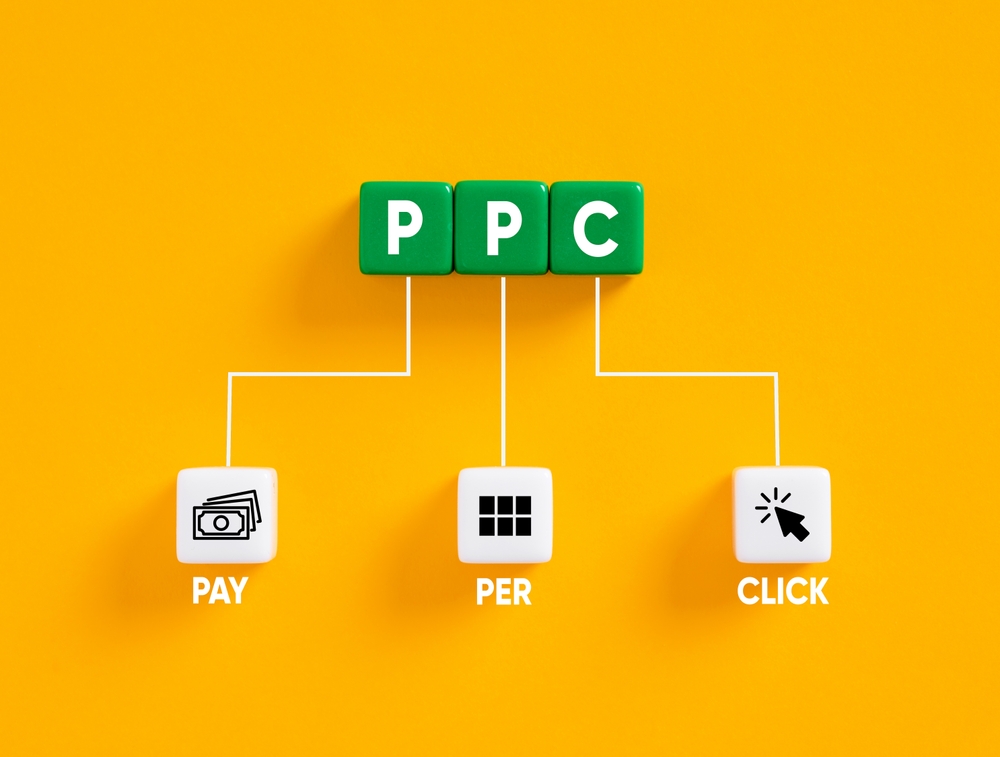
Dating back to the late 1990s, PPC (pay-per-click) has seen some massive transformations as it's grown into a $60 billion market in the US alone. But for brands just dipping in their toes, the level of competition can be intimidating. That's why we discuss below the importance of PPC in digital marketing and how to stay competitive by keeping up with evolving advertising trends.
7 key PPC digital marketing trends you need to be aware of
- Shifting consumer behaviors
- Automation and AI
- Mobile-centric optimization
- Video advertising
- eCommerce sales
- Voice search and smart devices
- Multichannel attribution
1. Shifting consumer behaviors and PPC strategies
As with any area of business, it's non-negotiable to stay on top of consumer behaviors and how those shifting behaviors impact the way you've been doing things. In the PPC world, we've seen two big changes spurred by consumer behaviors:
- Consumers are more skeptical of ads, which has drastically boosted the number of ad-blockers in use.
- Consumers are demanding more authentic, personalized experiences.
For advertisers, this translates into a growing need for carefully crafted ads that provide genuine value, resonate with the individual interests of each user, and seamlessly blend into their user experience.
» Meet consumer demands better by improving your market segmentation.
2. Rise of automation and AI in PPC marketing
The impact of automation and AI technologies on PPC is nothing short of transformative. Tools like ChatGPT can sift through vast data sets to enhance targeting, making it easier for marketers to identify which PPC keywords resonate with their audience.
On the bidding front, artificial intelligence and machine learning tools can autonomously adjust PPC bids to connect you with qualified leads without sacrificing ROI. Further, AI can tailor ads based on user behavior and optimize delivery timing, ensuring relevance without overwhelming the audience.
Navigating privacy concerns in automated PPC
User privacy has long been a hot-button issue in online advertising, and AI tools are intensify these concerns. AI relies heavily on collecting and analyzing vast amounts of user data, which raises the risks of data misuse or unauthorized access. To navigate these concerns, consider being transparent about data collection and obtain explicit user consent before creating an automated PPC campaign.
AI-powered PPC management platforms
Harnessing PPC automation tools and AI-driven platforms is essential for success in digital marketing. These tools streamline campaigns, offering advanced automation, data-driven insights, and bid adjustments for optimal results. They empower advertisers to navigate PPC complexities, enhancing targeting, identifying top-performing keywords, and delivering tailored ad content based on user behavior while maintaining ROI.
3. Mobile-centric PPC optimization
Every passing day, more and more customers are shopping on their mobile devices like smartphones and tablets. Advertisers need to keep this in mind, crafting ads that are visually effective on desktop and the varying shapes and sizes of users' mobile screens. Try:
- Focusing on ad copy that's concise and descriptive, highlighting the most important messaging quickly and effectively.
- Avoiding small text that can be hard to read on a smaller screen.
- Using eye-catching images and larger text when it's needed.
4. Leveraging video advertising in PPC
Video is all the rage in recent years, which explains why PPC video advertising has also shot up. Video consistently proves itself to be one of the most captivating and engaging content formats, with video ads being prevalent on platforms like YouTube and Facebook. While any brand can see success, video advertising tends to be more common in industries like fashion and beauty, which are heavily focused on aesthetics. To create impactful video ads on a budget, consider:
- Leveraging user-generated content, where you repurpose video content created by your customers and followers.
- Taking advantage of free or inexpensive editing software.
- Shooting videos using a smartphone.
5. PPC's role in driving eCommerce sales
PPC plays a pivotal role in driving eCommerce sales, forming a symbiotic relationship that benefits both. eCommerce relies on PPC to attract potential customers who are actively searching for products, and PPC thrives on eCommerce to convert those clicks into sales. To make sure your ads are effective, consider best practices like:
- Prioritizing long-tail keywords that reflect narrow, specific user intent.
- Crafting compelling ad copy that not only showcases your products but also highlights unique selling propositions and promotions.
- Use engaging visuals that highlight the strengths and aesthetics of your products.
6. Adapting to voice search and smart devices
Typing is becoming overshadowed by voice search and smart devices. This signals a significant shift in things like keyword usage, as a voice search is much different in nature.
While text searches tend to be less natural and focus on the most important nouns and adjectives, voice search is more conversational and in line with the way we talk.
For PPC ads, advertisers should focus more on natural, long-tail keywords and display voice-friendly and concise answers that give users information quickly and seamlessly.
7. Navigating multichannel attribution in PPC
Today's users will often engage with a brand on several channels before making a purchase. For example, they may click a PPC ad in a Google search result on their phone, browse the website, and sign up for the newsletter. Then, days later, they visit the company's Facebook page on their phone and browse a sale that's been promoted in a post. Then, even later, browse again in a newsletter promotion and finally make a purchase on their desktop.
To address this, consider advanced tools like Google Analytics 360 and marketing automation platforms. They can help you set up attribution models that provide a comprehensive view of the customer journey and attribute conversions accurately to the right channels and touchpoints.
Crafting your strategy amidst shifting trends
As an advertiser, it's critical for you to keep on top of shifting marketing trends so you can stay competitive and successful. Consider all the insights and tips we've discussed today, including shifting consumer behaviors and strategies, the rise of automation and AI, mobile-centricity, video advertising, eCommerce sales, voice search and smart devices, and multichannel attribution. They can help to inform your PPC campaigns, allowing you to achieve better results in today's dynamic digital marketing landscape.
However, while these AI-powered platforms are invaluable, finding the right PPC expert or paid advertising agency who can leverage these tools effectively is equally important. This is where our platform comes in. We are a marketplace and platform dedicated to helping brands connect with highly vetted experts who possess proven experience in your specific niche.
Our unique approach considers over 50 factors and employs AI to match your brand with professionals who understand your industry inside and out. By partnering with our platform, you can tap into the expertise needed to maximize the potential of PPC automation tools and elevate your digital marketing efforts. Discover how Mayple can connect you with the perfect PPC consultant for your business today.

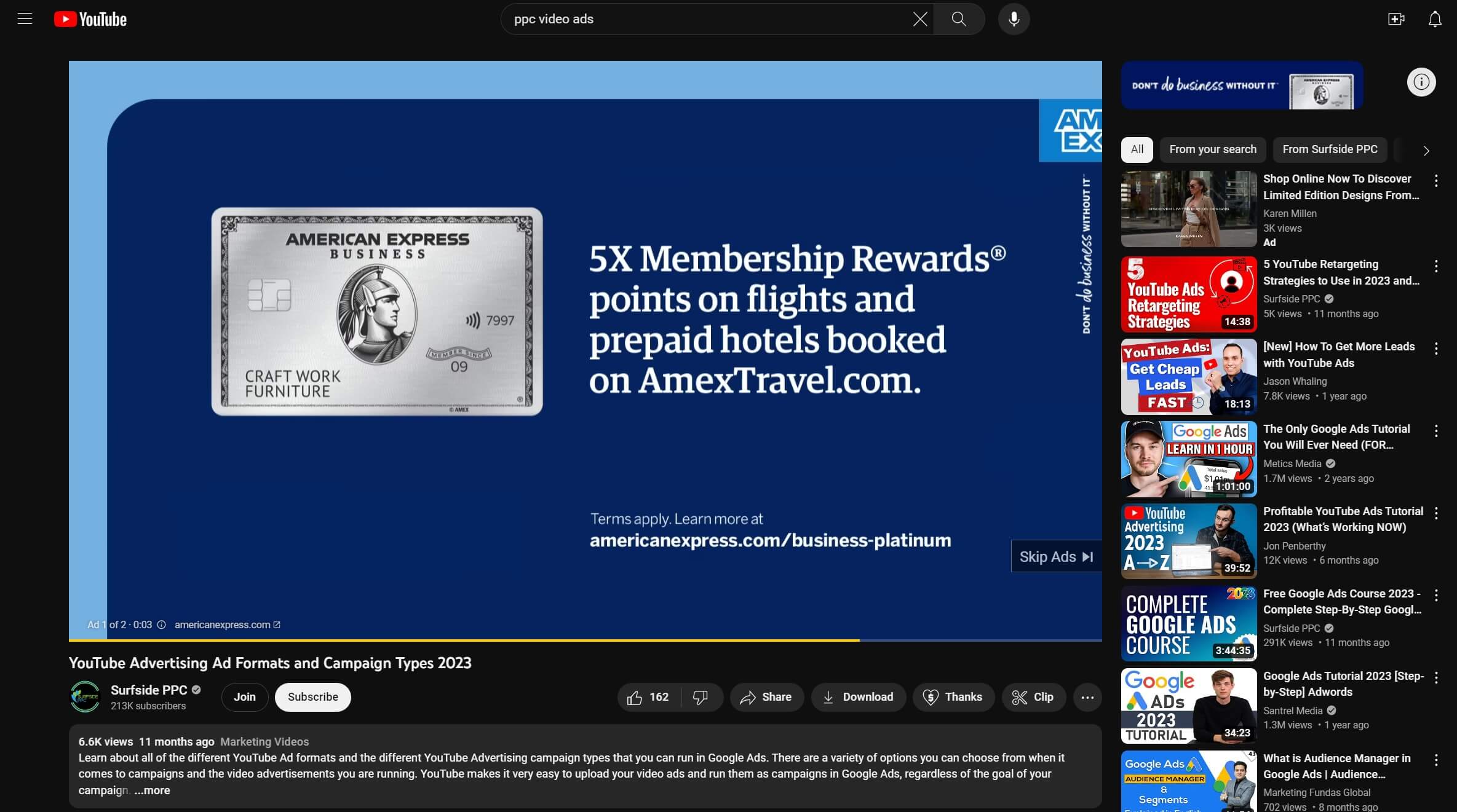
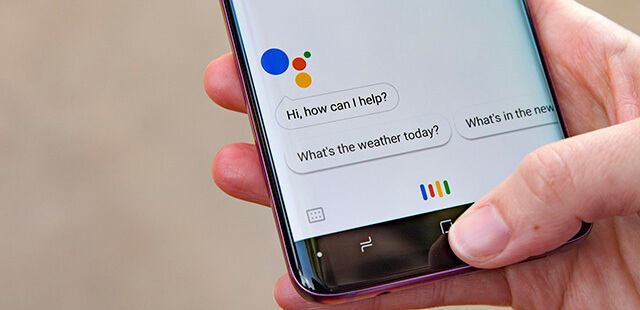
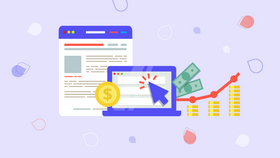

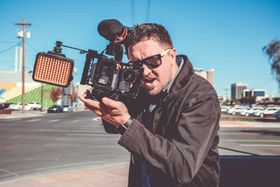
![Ecommerce Paid Advertising Guide [{year}]](https://entail.mayple.com/en-assets/mayple/fit-in/280x280/61d2ea6cc0646c5b8d6acb7c_crobestads_76142ff7e5b1e72cc17254e2ac1e546a_2000-1699776085023.jpg)
